The former President of the Republic, Valéry Giscard d´Estaing passed away on December 2 at Tours hospital.
Aged 94, he had been hospitalized since November 17 for heart failure. In September, the Georges Pompidou Hospital received him for a “slight lung infection”. In addition, he had been hospitalized there several times for cardiac reasons, including the placement of stents.
His journey
Elected in 1974, he was only 48 years old. He was ahead of François Mitterrand by a few points and became the 20th President of France, the first non-Gaullist of the Fifth Republic. This “modern President” is the father of many progressive reforms. We owe him the majority at 18, the decriminalization of abortion and family reunification. Divorce by mutual consent or the end of the ORTF are among his other reforms. He was also the initiator of the G7, the club of leaders of the richest countries. He sealed the Franco-German axis alongside Chancellor Helmut Schmidt.
However, certain events darken his seven-year term such as the suicide of Robert Boulin or the diamonds offered by Bokassa. Its conservative policies, despite its novel style, are slowing the economy. Following the oil shock, its popularity is declining.
In 1981, he ran for office but was beaten by François Mitterrand with more than a million votes difference. He then again became one of the leaders of the right by once again leading his party, the UDF.
His literary journey
From the 95s, he devoted himself to writing. Supported by Jean d´Ormesson, he was elected to the Académie française on December 11, 2003. He took the chair of former Senegalese President Léopold Sédar Senghor. In 2006, he wrote “Le Pouvoir et la Vie” where he confided in “his frustration of the unfinished work” after his defeat in 81. In 2009, he published his novel “The Princess and the President,” on a pseudo -relation with Lady Diana.
Biography
Valéry René Marie Georges Giscard d´Estaing was born on February 2, 1926 in Koblenz, Rhineland-Palatinate (Germany). He studied in Paris at the Lycée Louis-le-Grand, then joined the Ecole Polytechnique in 1946 and the ENA 2 years later. In 1952, Valéry Giscard d´Estaing joined the General Inspectorate of Finance. On the private side, he met Anne-Aymone Sauvage de Brantes, whom he married. They have 4 children: Valérie-Anne, Henri, Louis and Jacinthe.
Political career
From the 1950s, Valéry Giscard’Estaing was a financial inspector and then a member of the cabinet of Chairman of the Board Edgar Faure. In 1956, he became deputy and general councilor in the Puy de Dôme.
Minister of Finance between 1962 and 1966 under De Gaulle. At that time, he created the National Federation of Independent Republicans (FNRI). Minister of the Economy between 1969 and 1974 under Pompidou, he decided to run for the 1974 presidential election. The main candidates are Jacques Chaban-Delmas and François Mitterrand.
Election to the presidency in 1974
“I said I wanted to look France in the eye, but I would also like to reach its heart,” that is how he begins his campaign. Later, during the debate against François Mitterrand, he stands out with this sentence that everyone remembers: “You do not have, Mr. Mitterrand, the monopoly of the heart. You don’t have it … I have a heart like yours that beats at its pace and that is mine. You don’t have a monopoly on the heart. Perhaps it was this closeness to the French that led to his election.
The new president launches a new style, he does not hesitate to appear on the ski or on a football stadium or to play the accordion. He established the habit of dining regularly with the French. In 1975, the first meeting took place with a framer. He goes there with his wife to have dinner and chat at the table like “Mr. Everyone. “
A new start after the defeat
At the end of his seven-year term, in 1981, he decided to run for a new term. His main opponent is again François Mitterrand. Jacques Chirac, eliminated in the first round, turned against him and made him lose the election. The former president bids farewell to the French on television. “I’m just coming to say goodbye,” was his last sentence before leaving the image of a chair as he left the room.
After this defeat, VGE refuses to sit on the Constitutional Council. He became general councilor in Chamalières (63) during the cantonal elections in 1982, then deputy in the legislative elections in 1984 (until 2002). From 1986 to 2004, he chaired the regional council of Auvergne. He simultaneously chaired the UDF party from 1988 to 1996, the Auvergne regional council (from 1986 to 2004) and the Convention on the future of Europe
Its European commitments
Engaged in 1957 for Europe, he called for the ratification of the Treaty of Rome as a young deputy of the Fourth Republic. He created the European Council in December 1974 with Chancellor Schmidt. It is the launch of the European Monetary System, the precursor of monetary union and the euro. On the initiative of the French president, the G5 was born on November 15, 1975. It brought together the United States, Japan, France, West Germany and the United Kingdom at the Château de Rambouillet. Italy joined them and Canada the following year. In 1998, Russia joined this closed club but was excluded in 2014 following the annexation of Crimea.
VGE ratified the election of a supranational European Parliament by direct universal suffrage, leading to the first European elections in 1979.
His convictions lead him to take the head of the European Convention in 2001. The latter is responsible for drafting for the first time a Constitution for Europe. Its presidency allows France to deepen the European construction.
His last years
After his failure as mayor of Clermont, he decided at the age of 78 to sit on the Constitutional Council in 2004. We hear him give his opinion on major national and international subjects, but he prefers to devote himself to literature.
After health problems in recent years, he was hospitalized for the last time on November 17 in Tours. Unfortunately, he did not resist the pandemic and died on December 2 in hospital, surrounded by his family.
President Giscard’Estaing wanted a private ceremony for his funeral. He will rest alongside his daughter Jacinthe, who died in 2018, in his property at the Château de l’Etoile located in Authon in the Loir-et-Cher.
Tributes from the Elysée
Emmanuel Macron in the 8 p.m. newspaper of November 3: “President Valéry Giscard d´Estaing left the country he loved and the people he served yesterday. He leaves in tormented times, victim in turn of this evil against which we are fighting and which has upset the world. He was a central figure in the history of our Republic: at the turn of his thirtieth birthday, Minister first to General de Gaulle, then to Georges Pompidou, he became President of the Republic at the age of 48, supporting a modernization project at an unprecedented rate and then committing to give Europe the ideal and the will that it has often lacked ”.
Policy reactions
The news of the former president’s death provoked many reactions in the political world.
- François Bayrou: “Valéry Giscard d´Estaing dominated by the liveliness of his intelligence and the strength of his intuitions”
- Richard Ferrand: “It is with great emotion that I learn of the death of President Valéry Giscard d´Estaing. The European ideal loses one of its founders, France, a president who brought it modernity and audacity: coming of age at 18, legalization of abortion. “
- Nicolas Sarkozy: “VGE has succeeded in modernizing political life and is a credit to France”
- François Hollande: “With VGE, France loses a statesman who has chosen to open up to the world”.
Roselyne Bachelot: “He was the author of many innovative reforms which still mark French society today”. - Jean-Pierre Raffarin: “V. Giscard d´Estaing will remain the president of modernity and reform. He raised our hopes, he created our admiration. Young people and women have found a new place in the Republic with him. French democracy has asserted itself as European … With a heavy heart! “
- Yannick Jadot: “We salute during his term of office the decriminalization of abortion, the right to vote at 18, the couple with Helmut Schmidt in the service of Europe”.
- Marine Le Pen: “Condolences to those close to Valéry Giscard d´Estaing. President of a France in crisis, he was the architect of new public freedoms and an ardent supporter of technological progress. In 2018, he confessed that his biggest mistake was to bring about family reunification. “
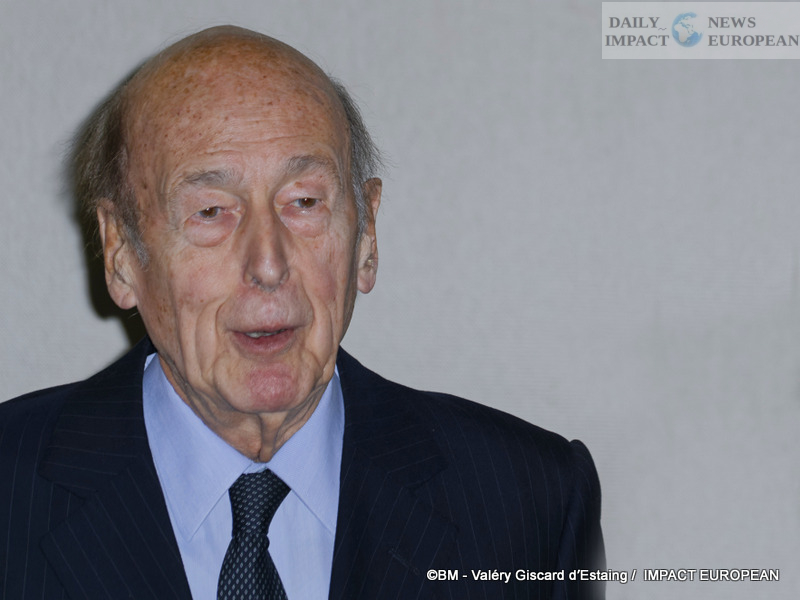
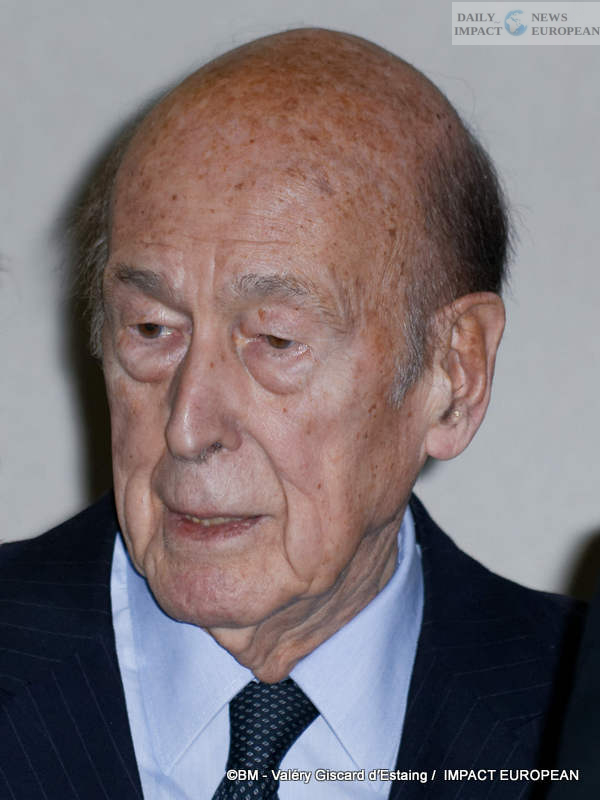
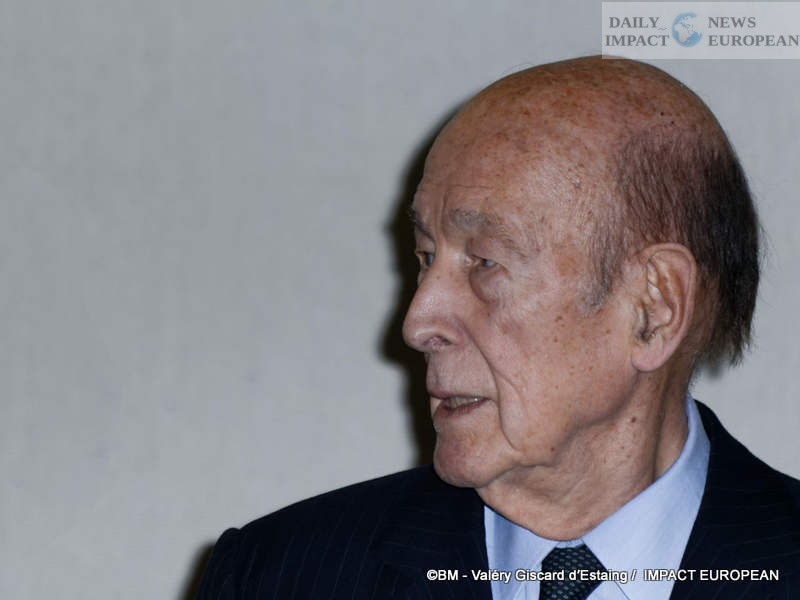
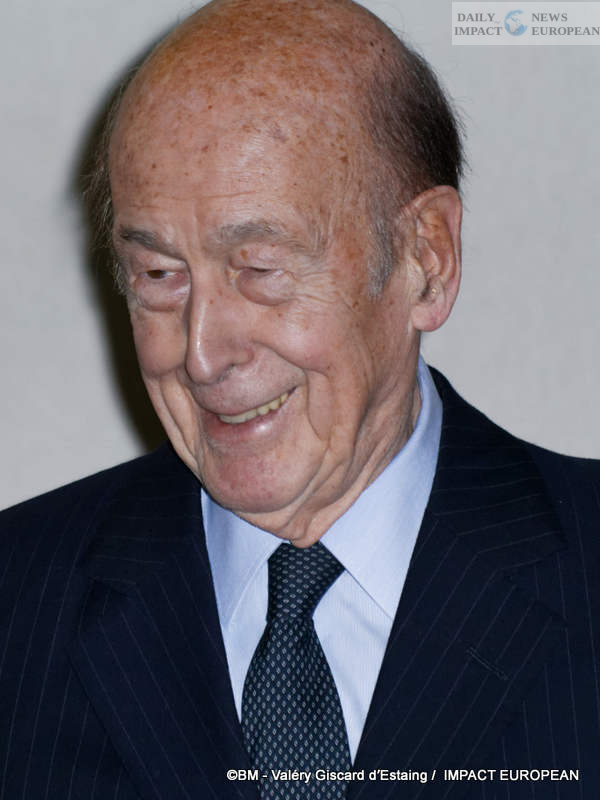
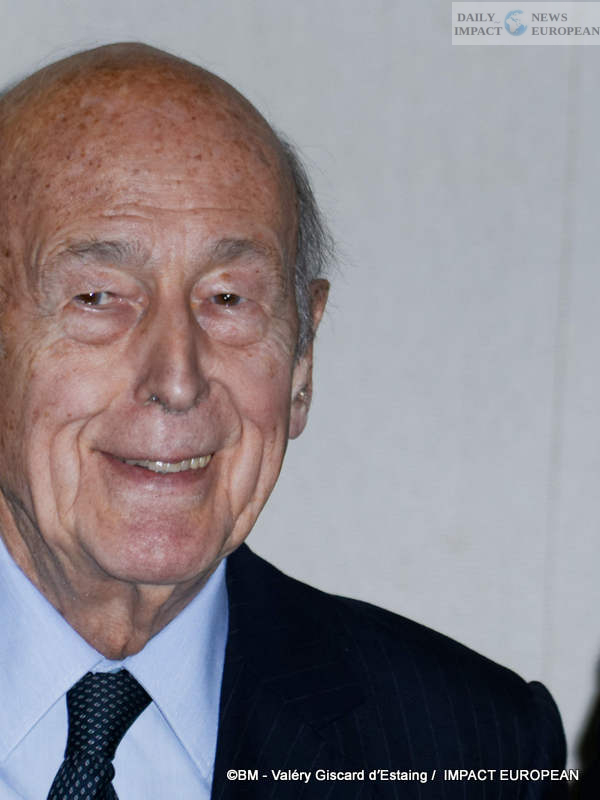
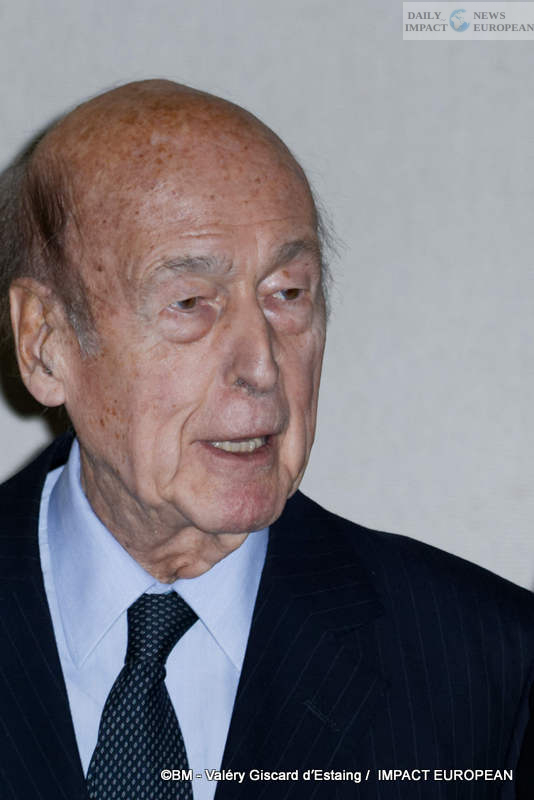
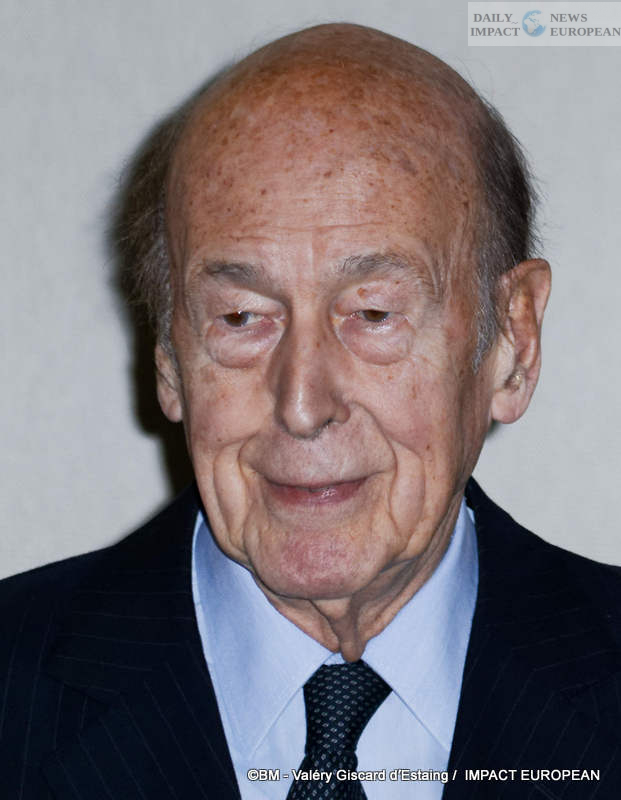
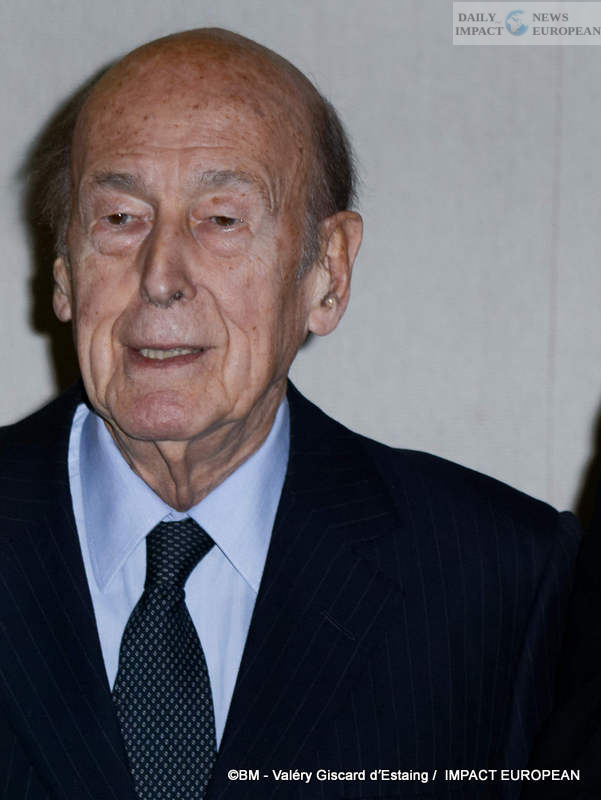
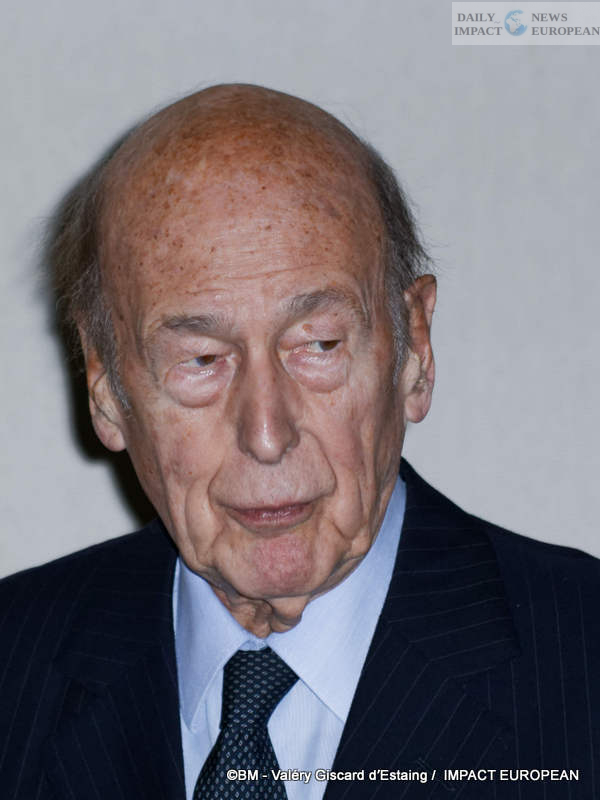
More Stories
METAL D’ALCOVE, the workshop of Eric KATZ, lighting sculptor in Montmartre
Paris Marathon 2024: Victory for Ethiopians at the Paris marathon
Gelsomina